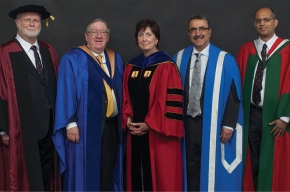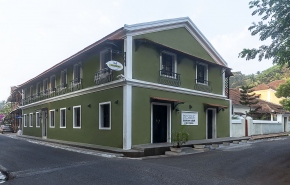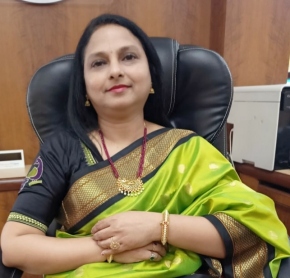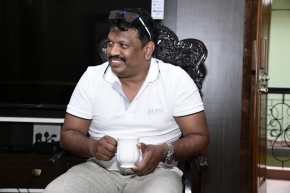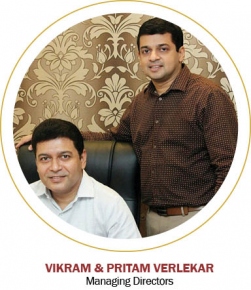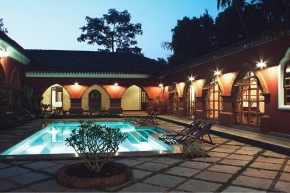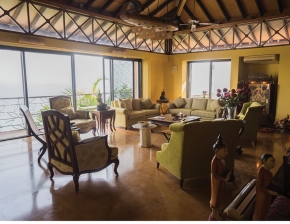Ending Period Taboo
Meet Mumbai-based young Goan leader Deane de Menezes who was honoured by Queen Elizabeth II of England, is squashing the shame behind menstruation, one pad at a time!
Menstruation has been surrounded by shame and stigma for years. Women shy away from having an open discussion about this normal body function solely because of the taboo around it. It is rather disheartening that society is fighting this taboo even in the 21st century.
However, swimming against the tide is Mumbai-based Goan Deane de Menezes whose work towards reducing the awkwardness and stigma around periods, spreading awareness and highlighting eco-friendly ways to tackle sanitary waste was lauded by Queen Elizabeth II of England.
Through her NGO Red Is The New Green (RING), Menezes organised discussions and various other programmes for school-going girls to educate them about menstruation and the use of sustainable period products. During the pandemic-driven lockdown, her focus has mainly been to provide sanitary products to those who had no access to it.
Menezes recently featured in the ‘Forbes 30 under 30’ list for her outstanding work in the field.
VIVA GOA reached out to Deane de Menezes to find out more about her NGO, her initiative #PassOnThePad and her Goa connection.
You quit your successful corporate career to work towards smashing the taboo surrounding menstruation. What made you take that leap?
There was so much one could do. I had the privilege, expertise and knowledge, and the will to do something to help people in need. I had a lot of support to take this decision as well. My company was also cooperative.
How did the initiative ‘Red is the New Green’ (RING) take shape?
It really started by accident. It started when I had no access to a sanitary napkin. This, sadly, is a common occurrence and may have happened to a lot of girls.
Privileged women like us can step out, go to the chemist and buy a pad without batting an eye, but there are so many women in India and across the world who are severely affected because they have no access to pads. Their day gets cut short because of a normal bodily function.
That is something that really troubled me. I wanted to figure out why this happens. I did a lot of research and realised that if I have to interfere, then there are several aspects to consider.
Firstly, we need to educate them. Secondly, give them access to a sanitary pad. We are fortunate to have been born on this side of the poverty line. I wanted to give the women on the other side the same privilege.
Thirdly, the biggest challenge was waste management. On an average, a woman generates 150 kgs of waste from sanitary napkins. India alone has 355 million menstruating women, of which only 50 per cent use sanitary napkins. Yet, the amount of waste generated is extremely high. Sadly, the taboo around the topic overpowers the issue surrounding it. Our initiative, in a way, also aims to initiate the conversation among the public.
Read the full article in 'Viva Goa' magazine copy.
Viva Goa magazine is now on stands. Available at all major book stalls and supermarkets in Goa.

